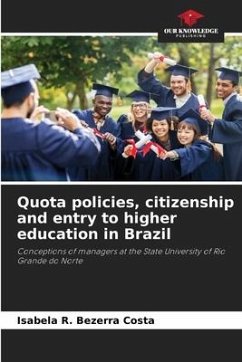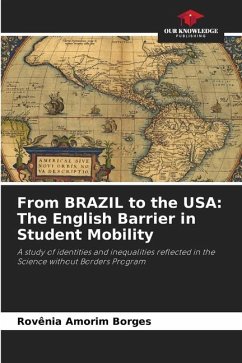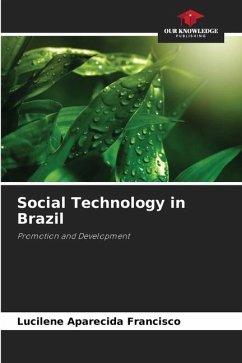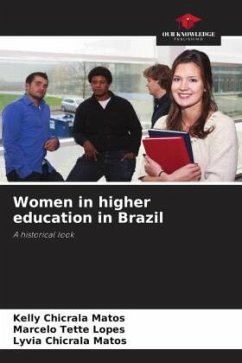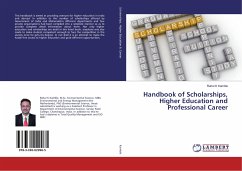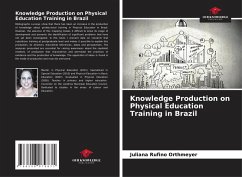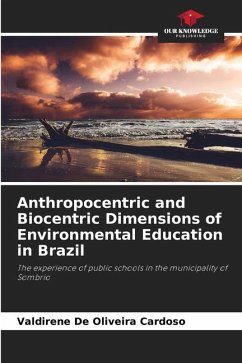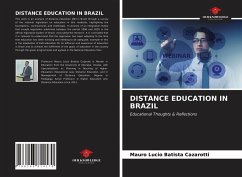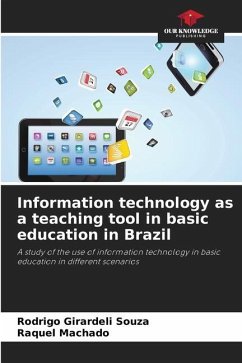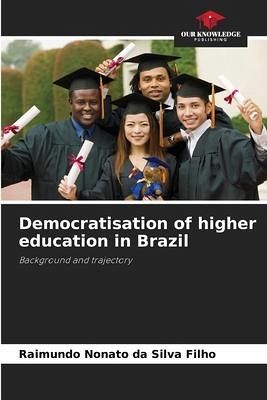
Democratisation of higher education in Brazil
Background and trajectory
Versandkostenfrei!
Versandfertig in 6-10 Tagen
41,99 €
inkl. MwSt.

PAYBACK Punkte
21 °P sammeln!
This book sought to study the context of the expansion and democratisation of access to higher education in Brazil, in the period that coincides with the inauguration of the first President elected by direct vote after the Military Dictatorship (1985), until 2007. To do so, we analyse, through the eyes of important Brazilian authors, the LBD (Law of Directives and Bases), the National Education Plan, the National High School Examination, the Student Funding and the University for All Programme. Specifically, the work aimed to seek answers to two questions: has the distribution of full or parti...
This book sought to study the context of the expansion and democratisation of access to higher education in Brazil, in the period that coincides with the inauguration of the first President elected by direct vote after the Military Dictatorship (1985), until 2007. To do so, we analyse, through the eyes of important Brazilian authors, the LBD (Law of Directives and Bases), the National Education Plan, the National High School Examination, the Student Funding and the University for All Programme. Specifically, the work aimed to seek answers to two questions: has the distribution of full or partial scholarships guaranteed access and permanence of those who enter higher education through them? What strategies do the scholarship holders develop to conclude the course? To this end, we analysed three autobiographical narratives of students from a pedagogy course at a private university in Greater São Paulo. The results can be checked in this book.



